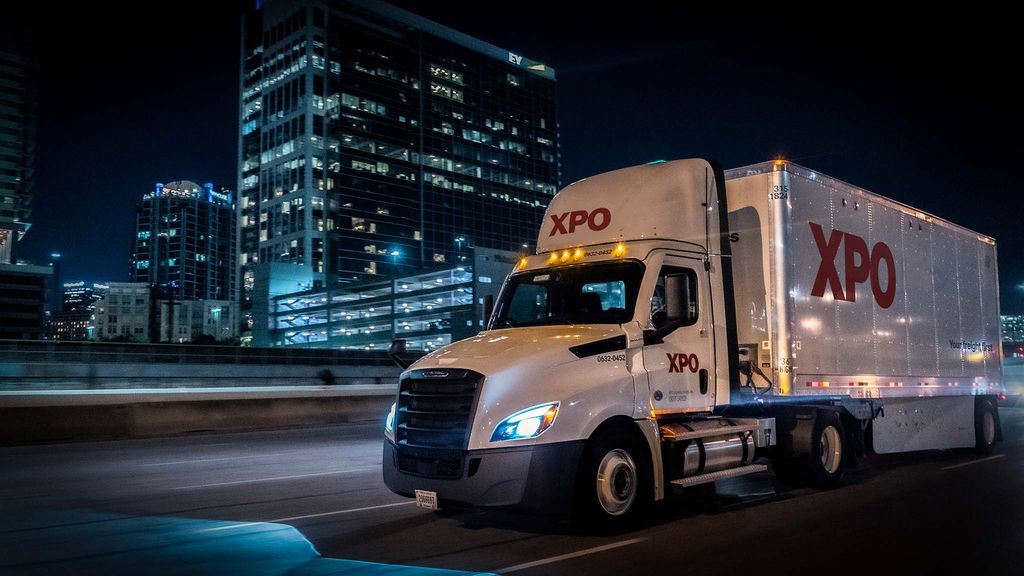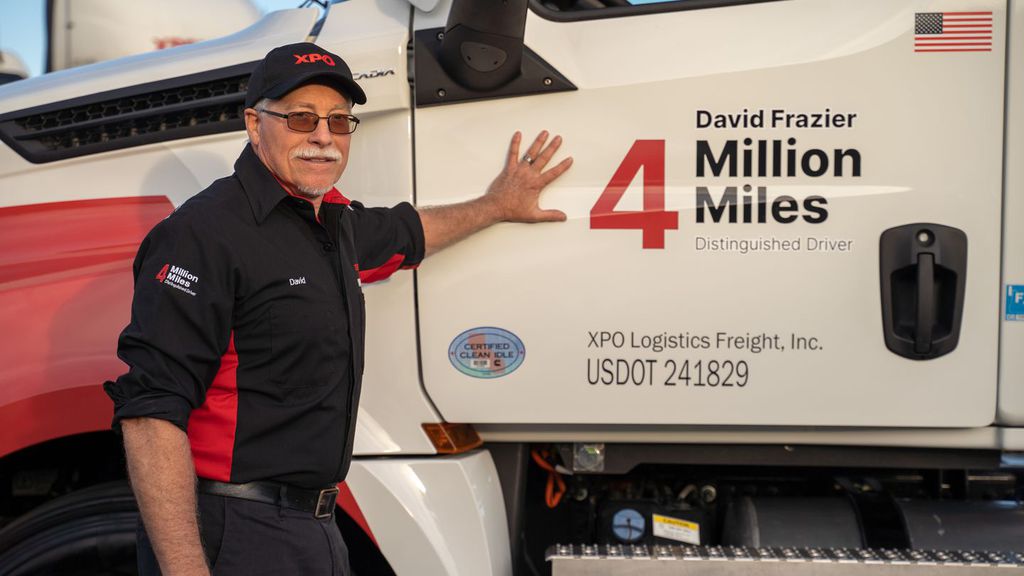Five Things to Look For in a CDL Truck Driving School
Driving a truck can be an excellent career choice.
If you’ve seen the news recently, you know how important truck drivers are to today's economy. They transport the food, household supplies and thousands of other products that are essential to the health, comfort and well-being of all of us.
Given the importance of truck drivers to every country’s economy, and the current driver shortage, earning a commercial driver’s license (CDL) can be a valuable step for young men and women to take, as well as people of all ages who are seeking a career change. Companies in many different industries are competing for professional truck drivers, giving drivers an opportunity to shop around for the highest pay and best benefits, flexible work schedules and reward programs. A crucial step in the process is pursuing a degree from a truck driving school. You must hold a commercial driver’s license in order to operate large vehicles. Per driving-tests.org, there are several CDL classes in the United States:
- CDL, Class A (CDL-A): Qualified to drive any combination of vehicles with a gross (combined) vehicle weight rating (GVWR) of 26,001 pounds or more, such as tractor-trailers, truck and trailer combinations, livestock carriers and flatbeds.
- CDL, Class B (CDL-B): Qualified to drive a single-unit vehicle with a GVWR of 26,0001 pounds or more that’s not hitched to a trailer, such as straight trucks, large buses, box trucks and some dump trucks.
- CDL, Class C (CDL-B): Qualified to drive a single vehicle with a GVWR of less than 26,001 pounds that’s not Class A or Class B, but can carry 16 or more people, such as buses and tank trucks.
When choosing a truck driver training school, there are several factors to consider:
- Are there earn-while-you-learn opportunities available?
- What is the tuition cost?
- Can you receive health insurance while in school?
- Will you be receiving training from seasoned professionals?
- Does the school have a job placement service after graduation?
Here are more details to help you with your decision:
Get the latest news and updates on XPO
1. Can You Earn While You Learn?
Yes. If you do some homework, you can find a CDL training school that arranges to employ you part-time in the hours when you’re not training. It works like an internship; you get a paycheck while you earn your CDL, instead of attending school without any money coming in.
2. Is the School Tuition-Free?
Some truck driving schools have hefty tuition rates, and it can be a challenge to pay back student loans while starting a new career. Choose a tuition-free school if possible (yes, they do exist, including some with earn-while-learn opportunities). If you opt for a school with a tuition fee instead, ask plenty of questions up front to make sure you understand the total cost, including any add-on fees.
3. Can You Get Insurance from Day One of Training?
CDL training is an investment of your time, and you’ll want it to be as free of distractions as possible. It’s important to ask a training school if they offer health insurance, life insurance and disability insurance during your training. If you choose a school that will arrange employment for you while you train (#2 above), they will likely provide these benefits to you.
4. Will You Be Trained by Experienced Professionals?
Make sure the school you choose has a good reputation and is staffed by seasoned instructors. It will be valuable to hear their “real world” stories and learn from their experiences. Mentors can help ensure your success as a truck driver.
Here are some other questions to ask about the training you’ll receive:
- Does the instruction include on-the-road training?
- What is the classroom ratio of students to instructor? The lower the better.
- How much one-on-one time will you have with your instructors?
- Will they help you prepare to take the test to obtain your CDL-A?
5. Is Career Placement Available after You Graduate?
Once you complete your truck driver training coursework and pass the test, there should be plenty of employment opportunities in the booming transportation industry. So, when you apply to schools, look for schools that will focus on helping you find jobs quickly post-graduation. There are different types of truck driving jobs, and a good school can steer you to the right opportunities.
Take the Next Step
You don't have to have prior truck driving experience to receive professional training and start a satisfying career. XPO is a leading transportation company with training locations across the United States staffed by experienced driver-instructors. We accept students of all experience levels and offer tuition-free training, job placements and, in many cases, earn-as-you-learn opportunities.
Check out our website to learn more about XPO’s CDL driver schools and prepare for a prosperous career as a truck driver.
Further Reading


